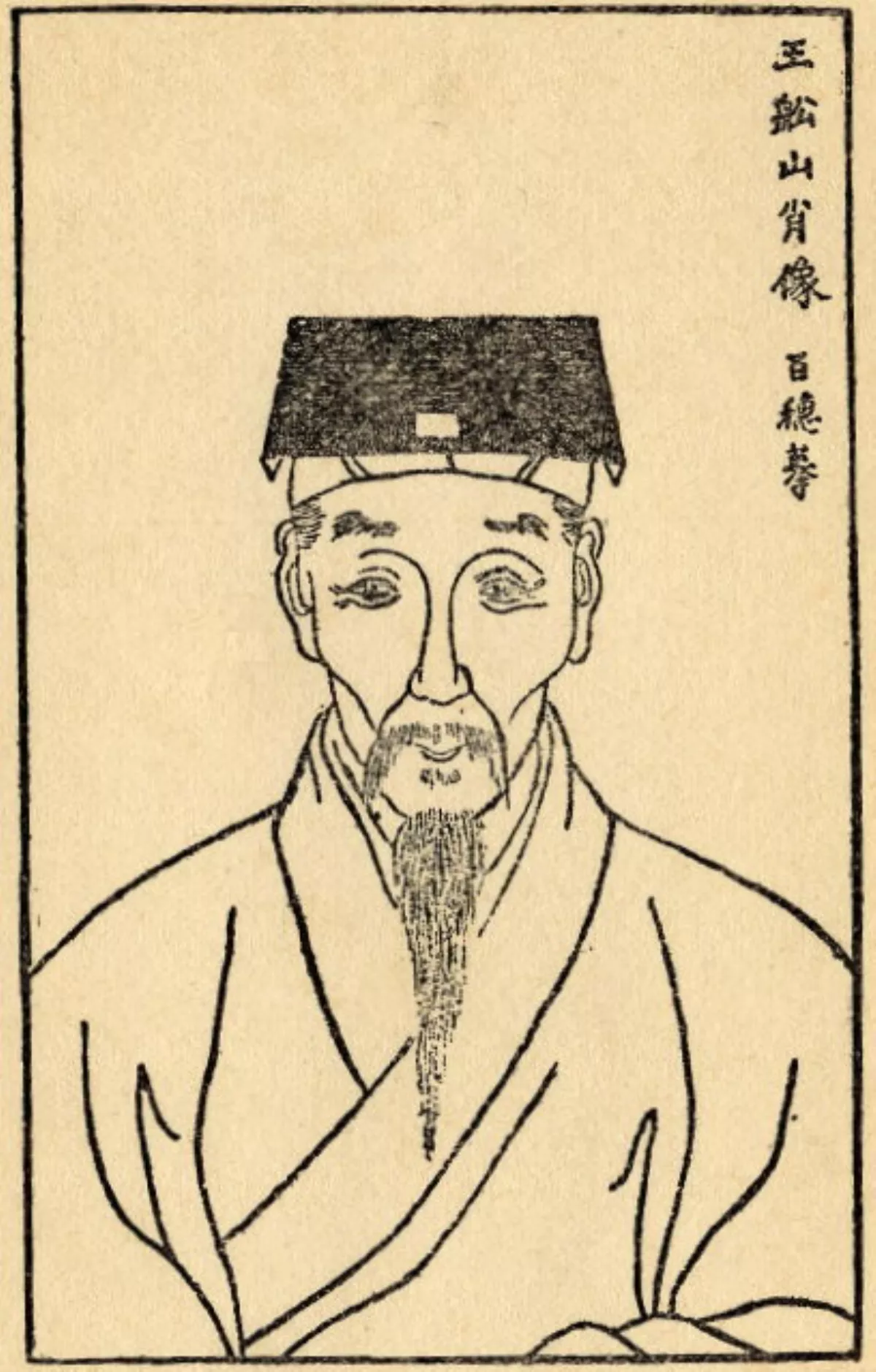 1.
1. Wang Fuzhi, courtesy name Ernong, pseudonym Chuanshan, was a Chinese essayist, historian, and philosopher of the late Ming, early Qing dynasties.

 1.
1. Wang Fuzhi, courtesy name Ernong, pseudonym Chuanshan, was a Chinese essayist, historian, and philosopher of the late Ming, early Qing dynasties.
Wang Fuzhi passed his civil-service examination at the age of twenty-four, but his projected career was diverted by the invasion of China by the Manchus, the founders of the Qing dynasty.
Wang Fuzhi died in 1693, though it is not known for certain where or how.
Wang Fuzhi is said to have written over a hundred books, but many of them have been lost.
Wang Fuzhi wrote a commentary on Zizhi Tongjian, titled "Comments after reading the Tongjian".
Wang Fuzhi was a follower of Confucius, but he believed that the neo-Confucian philosophy which dominated China at the time had distorted Confucius's teachings.
Wang Fuzhi wrote his own commentaries on the Confucian classics, and gradually developed his own philosophical system.
Wang Fuzhi wrote on many topics, including metaphysics, epistemology, moral philosophy, poetry, and politics.
Wang Fuzhi argued that only qi exists; li, which was the central concept in the orthodox neo-Confucian thought of Zhu Xi, for example, doesn't exist independently, being simply the principle of qi.
Wang Fuzhi believed that human desires are the main evidence of our relationship with the material world as material beings, and that human nature develops out of our initial material nature together with the changes that we undergo as a result of our interactions with the world we live in.
Wang Fuzhi laid great stress on the need for both experience and reason: we must study the world using our senses, and reason carefully about it.
Wang Fuzhi believed that the power of the feudal landlords was evil, and should be weakened by higher taxation, which would lead to an increase in numbers of land-owning peasants.
Wang Fuzhi adopted a strong anti-Manchu stance in his writings and was remarkable for his systematic attempt to express his anti-Manchuism in a broad historical and philosophical context.
Wang Fuzhi insisted that the Chinese be distinguished from the non-Chinese, as both should stay in their own territories and respect the sovereignty of one another, in order to avoid the possibility of invasion or integration.